A new study conducted by the University of Texas M. D. Anderson Cancer Center has revealed that more than half of U.S. adults underestimate or misunderstand the cancer risks associated with drinking alcohol. The research, which was published on November 5, 2025, found that regular drinkers are particularly likely to believe that drinking has no impact on cancer risk.
According to the study, over 55% of U.S. adults either underestimate or misunderstand how drinking increases cancer risk. This lack of awareness is particularly concerning, as it may contribute to a higher incidence of preventable cancer cases. "We were surprised by the extent to which people are misinformed about the link between alcohol and cancer," said Dr. [Name], lead researcher on the study. "Educating the public about the real risks associated with drinking could help reduce preventable cancer cases and save lives."
The study's findings are consistent with previous research on the topic. A 2020 study published in the Journal of the National Cancer Institute found that only 22% of U.S. adults were aware of the link between drinking and certain types of cancer, including breast, colon, and liver cancer. The new study suggests that awareness of this link has not improved significantly in recent years.
The lack of awareness about the cancer risks associated with drinking is particularly concerning, as it may contribute to a higher incidence of preventable cancer cases. According to the American Cancer Society, approximately 5% of all cancer deaths in the United States are attributed to alcohol consumption. "The fact that so many people are unaware of the risks associated with drinking is a major public health concern," said Dr. [Name], a leading expert on cancer prevention. "We need to do a better job of educating the public about the real risks associated with drinking and the benefits of reducing or eliminating alcohol consumption."
The study's findings have significant implications for public health policy and education efforts. "Targeting these misbeliefs could significantly reduce alcohol-related cancer deaths," said Dr. [Name], lead researcher on the study. "We need to develop effective strategies for educating the public about the real risks associated with drinking and the benefits of reducing or eliminating alcohol consumption." The study's authors recommend that public health officials and educators use clear and concise language to communicate the risks associated with drinking and the benefits of reducing or eliminating alcohol consumption.
The study's findings are based on a survey of over 1,000 U.S. adults, which was conducted in 2024. The survey asked participants about their knowledge of the link between drinking and cancer risk, as well as their attitudes towards drinking and cancer prevention. The study's authors used a combination of statistical analysis and qualitative methods to analyze the data and identify patterns and trends.
The study's findings have significant implications for society, as they highlight the need for greater awareness and education about the cancer risks associated with drinking. By educating the public about the real risks associated with drinking, we may be able to reduce the incidence of preventable cancer cases and save lives. As Dr. [Name], lead researcher on the study, noted, "We need to do a better job of educating the public about the real risks associated with drinking and the benefits of reducing or eliminating alcohol consumption."
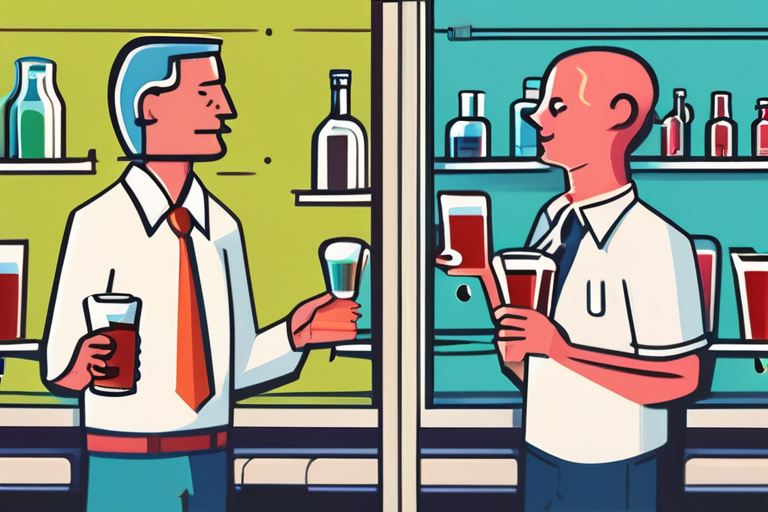


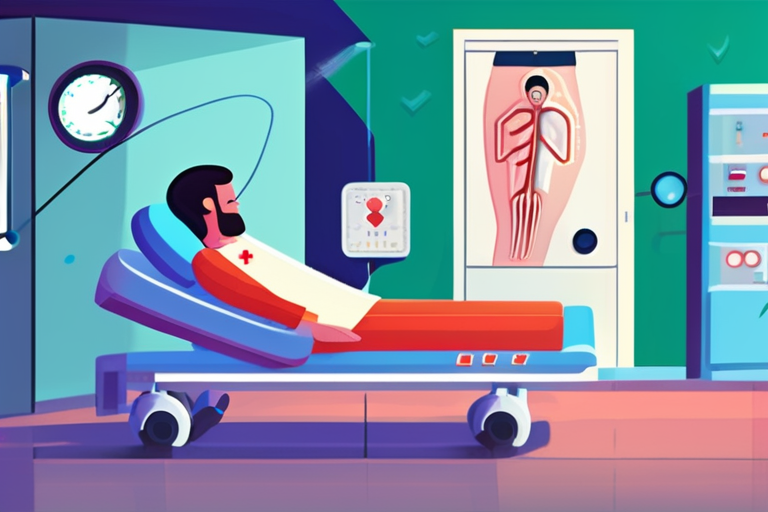

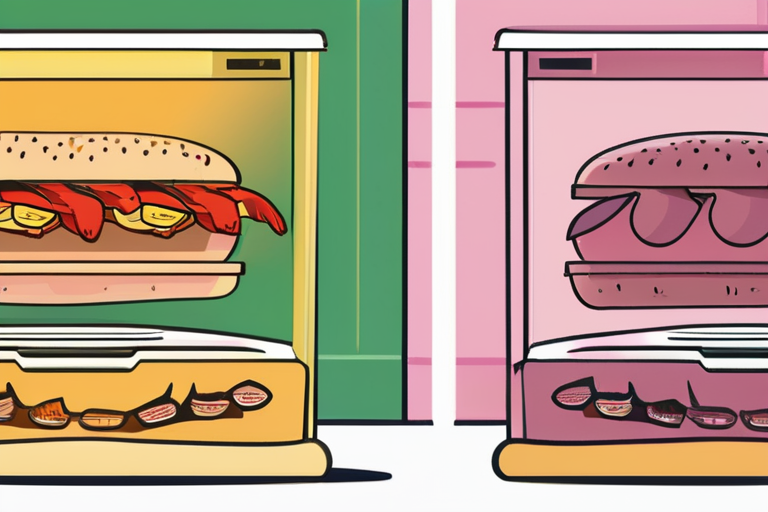
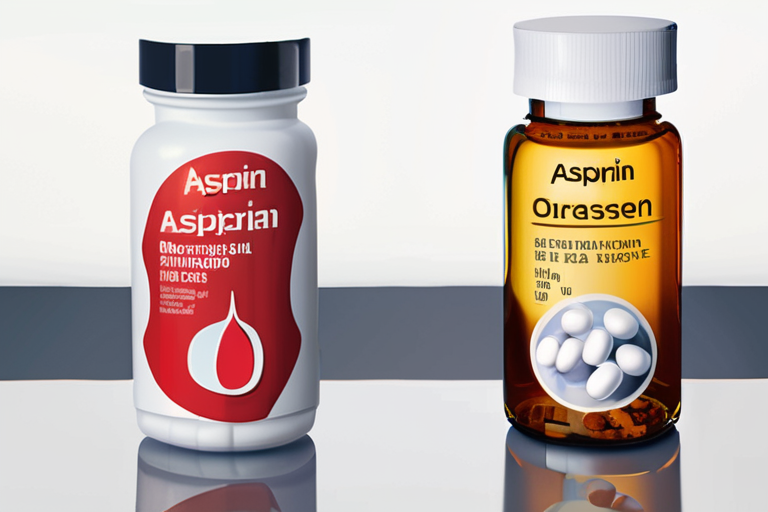
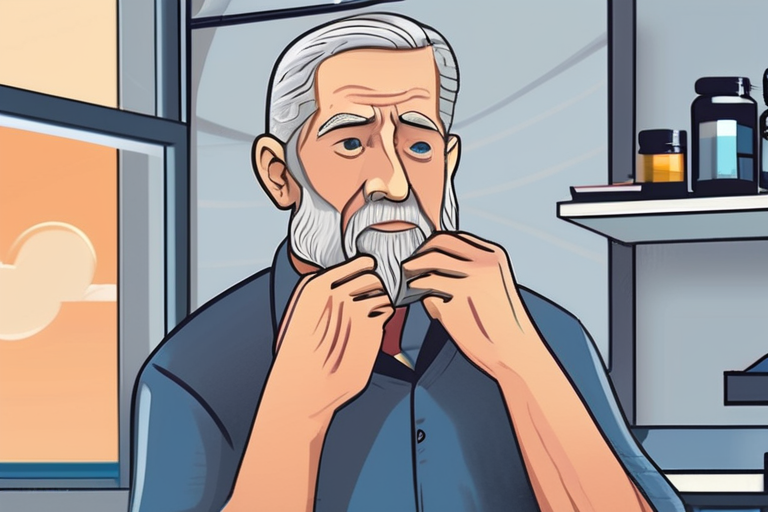
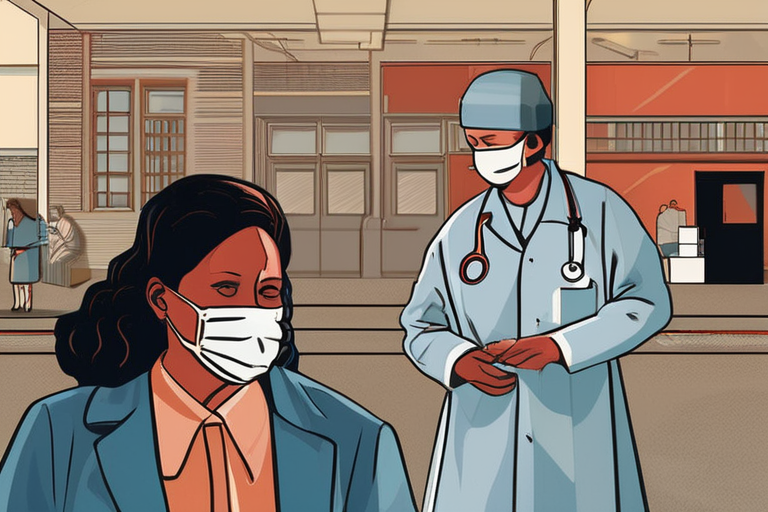
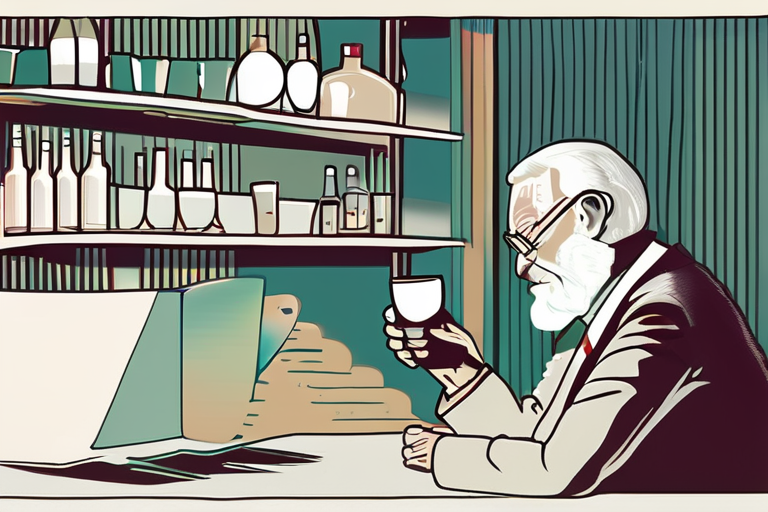

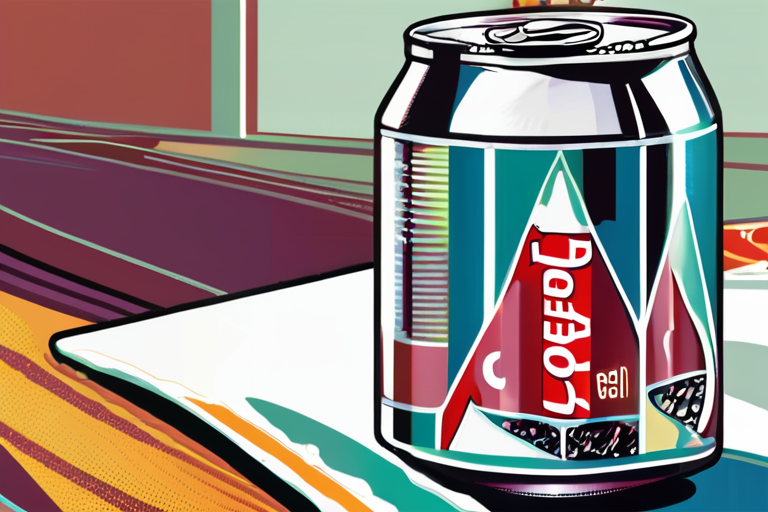
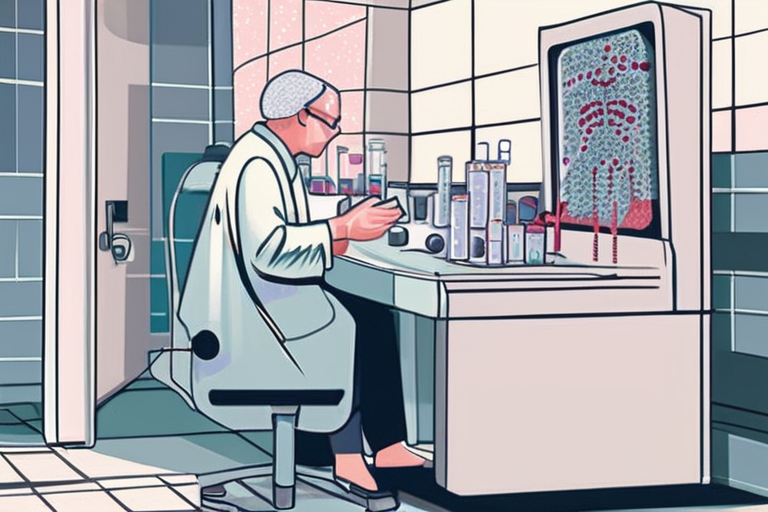
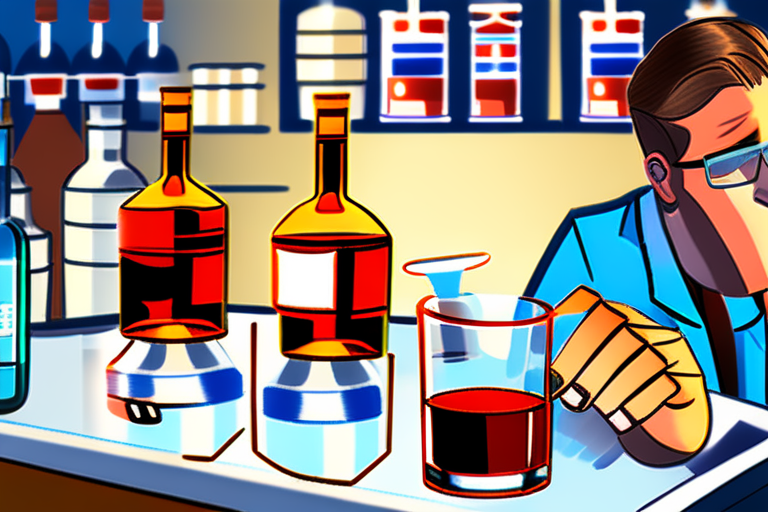
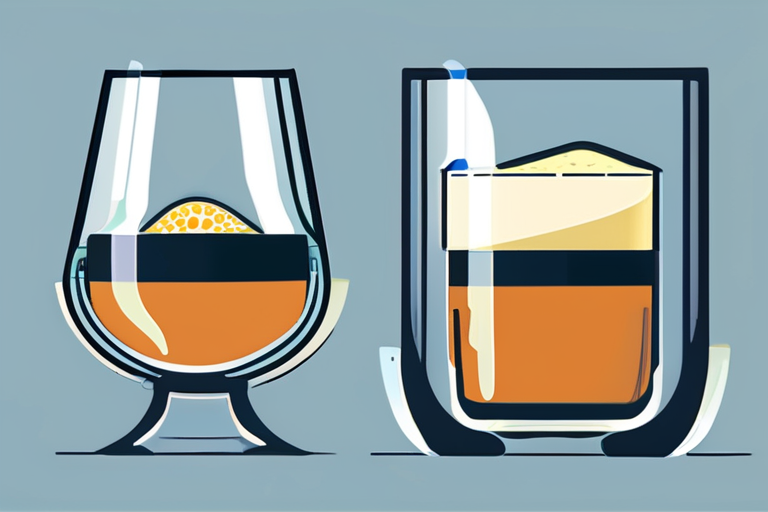
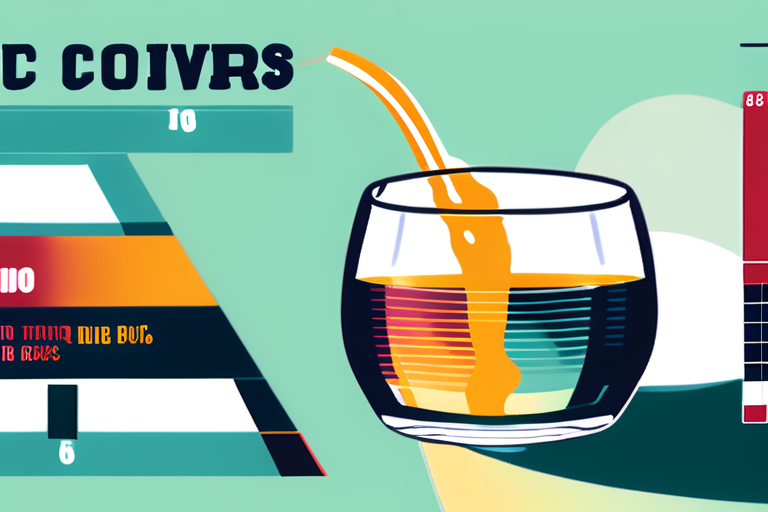
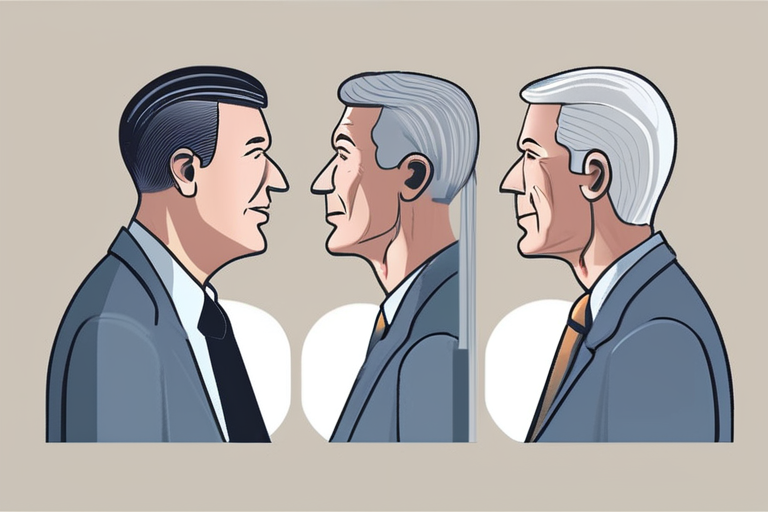


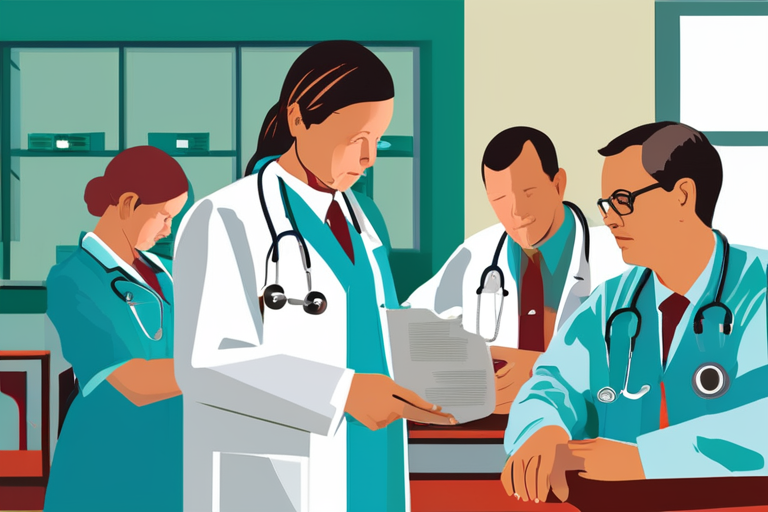
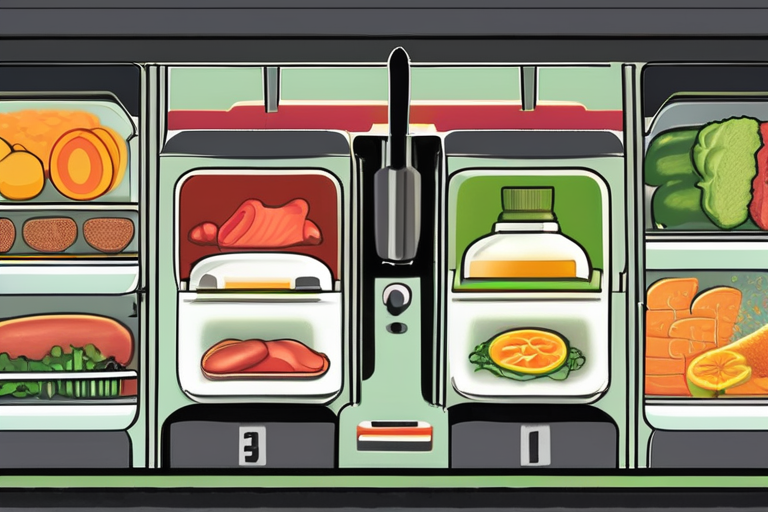
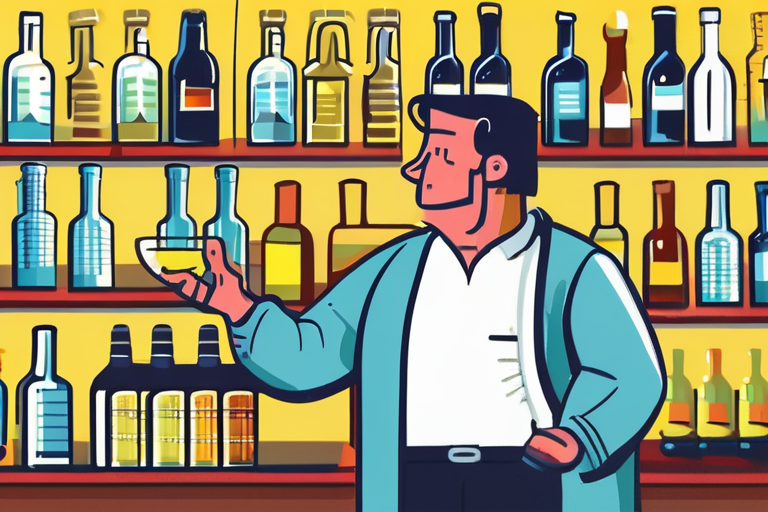
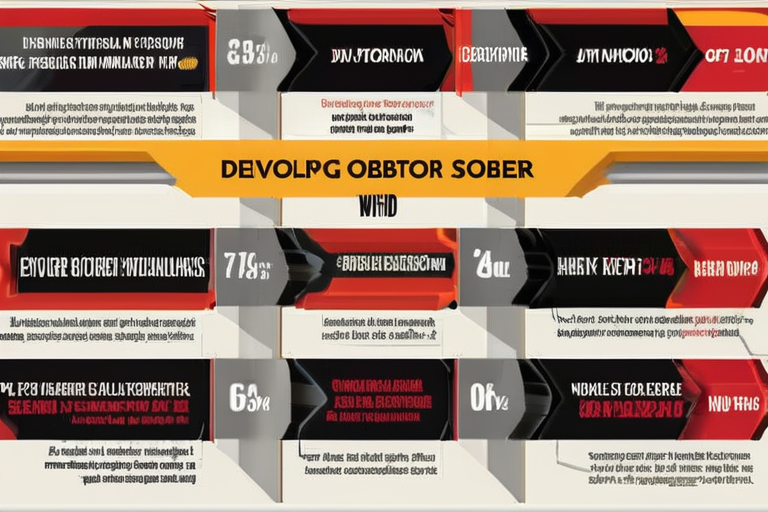



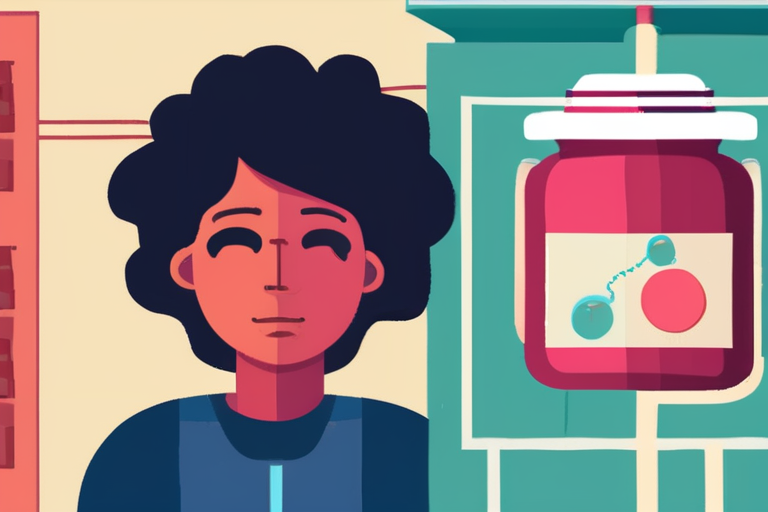
Share & Engage Share
Share this article